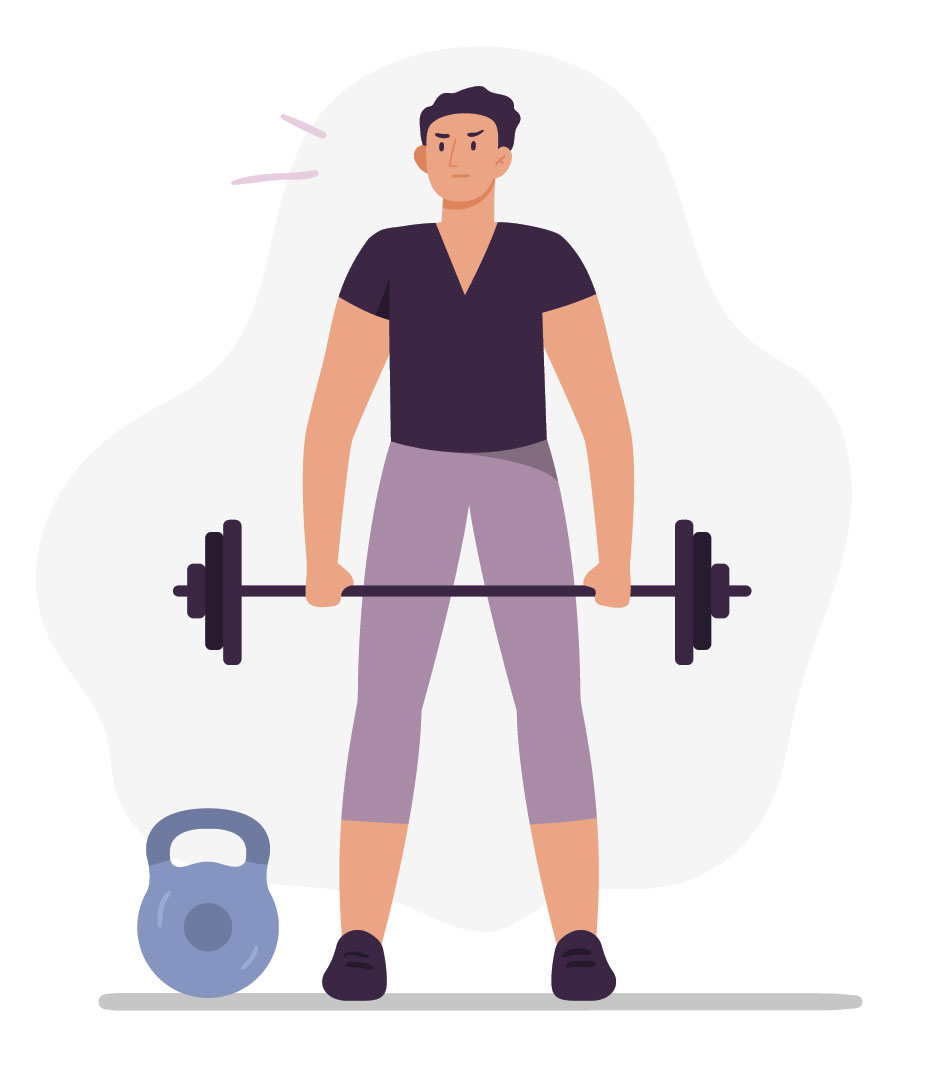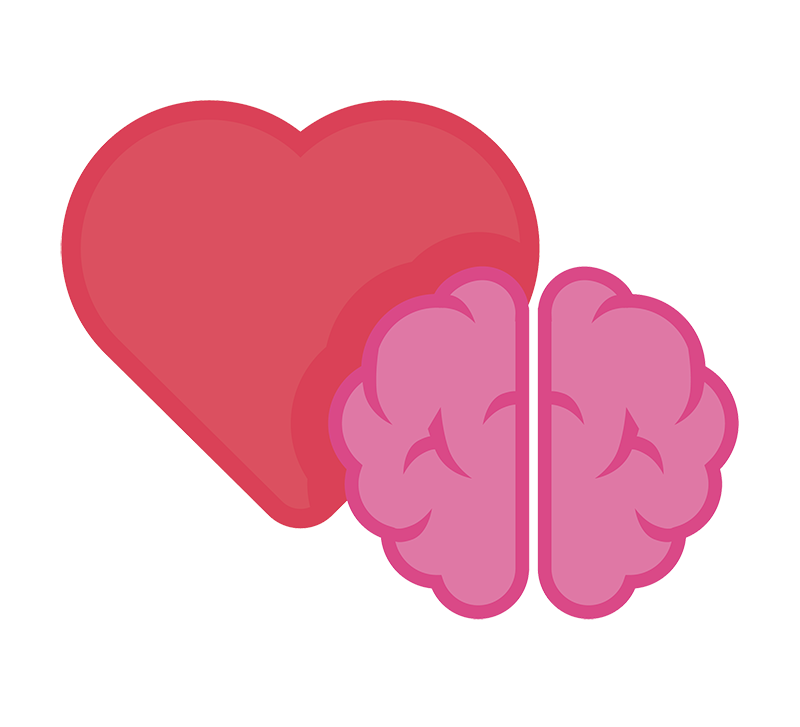Exercise
 Exercise can boost mental health and decrease depressive symptoms helping you to lead a productive life.
Exercise can boost mental health and decrease depressive symptoms helping you to lead a productive life.
The World Health Organization states that 23% of adults and 81% of teenagers are participating less in physical activities. This reduction in activities is associated with an increase in depressive symptoms. Physical Exercise results in fewer depressive symptoms and can also improve memory, brain function, and the overall body.
What is Physical Exercise?
Physical exercise requires energy and muscle contraction which benefits patients struggling with depression. It is recommended to engage in physical exercise for 20 to 30 minutes per day. For example, having a physical exercise routine such as playing a sport like basketball, football, or even soccer can help to improve the symptoms of depression.
 Benefits of physical exercise:
Benefits of physical exercise:
- Enhances memory, focus and concentration.
- Decreases depression and anxiety symptoms.
- Improves the health and fitness of your heart and lungs.
- Helps slow the aging process.
- Helps with the control of type 2 diabetes.
- Improves energy level.
Read more:
Why walking regularly could be better for you than you expect »
Exercise videos:
References
Caspersen, C. J., Powell, K. E., & Christenson, G. M. (1985). Physical activity, exercise, and physical fitness: definitions and distinctions for health-related research. Public health reports (Washington, D.C.: 1974).
Febbraio, M. A. (2017). Exercise metabolism in 2016: Health benefits of exercise -- more than meets the eye! Nature Reviews. Endocrinology, 13(2), 72-74. doi: http://dx.doi.org.ezproxy.humber.ca/10.1038/nrendo.2016.218
Gummelt, A. D. (n.d.). Physical Activity vs. Exercise: What's the Difference? ACE. https://www.acefitness.org/education-and-resources/lifestyle/blog/5460/physical-activity-vs-exercise-what-s-the-difference/.
Kim, C., Song, Y., & Jeon, Y. (2021). The effect of college students' physical activity level on depression and personal relationships. Healthcare (Basel), 9(5), 526. https://doi.org/10.3390/healthcare9050526
Ruegsegger, G. N., & Booth, F. W. (2018). Health Benefits of Exercise. Cold Spring Harbor perspectives in medicine, 8(7), a029694. https://doi.org/10.1101/cshperspect.a029694
Wegner, M., Amatriain-Fernández, S., Kaulitzky, A., Murillo-Rodriguez, E., Machado, S., & Budde, H. (2020). Systematic review of meta-analyses: Exercise effects on depression in children and adolescents. Frontiers in Psychiatry, 11, 81-81. https://doi.org/10.3389/fpsyt.2020.00081






